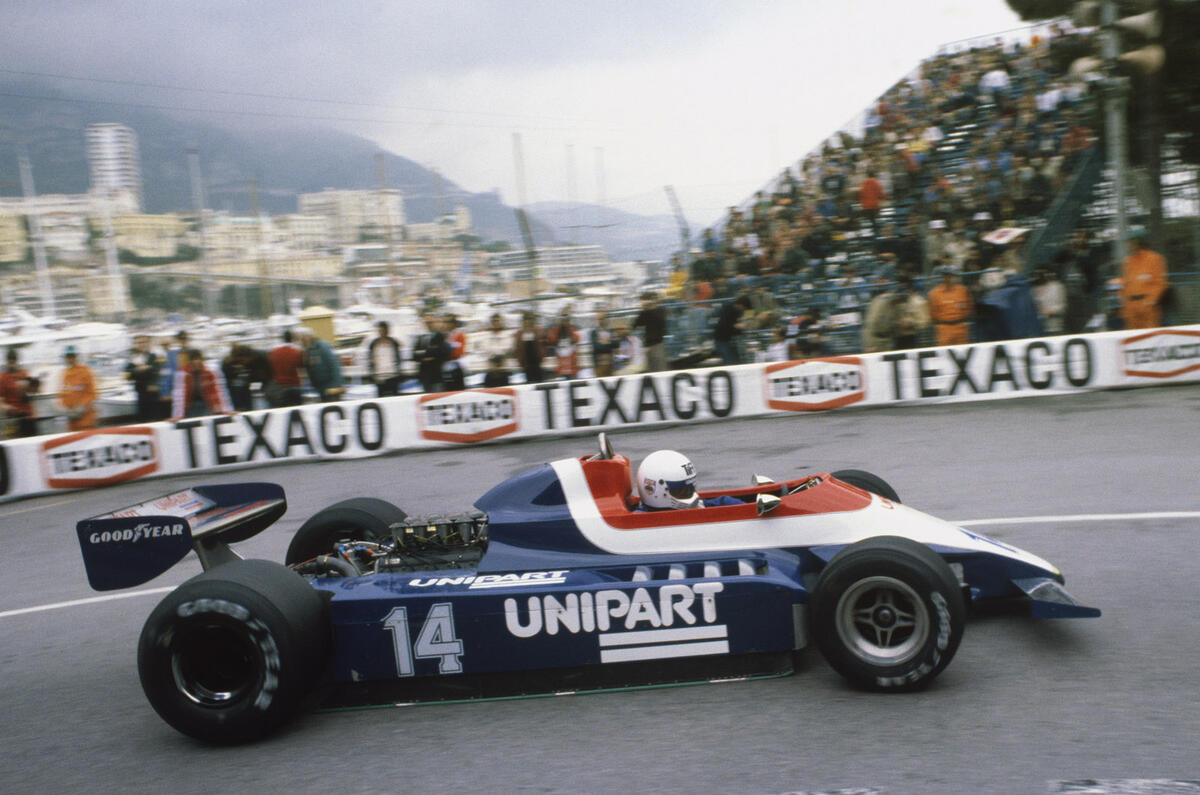'Thousands of parts for millions of cars. Unipart.’ If you’re of a certain age you may remember this advert and its catchy jingle, and many other surprisingly memorable TV ads from this car parts supplier.
It was born in the 1970s out of British Leyland, in an era when selling car parts the public was a bigger business than it is today.
Why? Because cars needed servicing far more often – every 3000 miles in some cases – because they went wrong more frequently and because millions of us serviced and repaired our own cars at home. They were easier to fix, and older cars were often worth more in real terms than they are today.
But last week came the news that Unipart Automotive had gone into receivership. If it doesn’t get rescued 1500 jobs will be lost, and 200 branches closed. The Unipart name won’t disappear, though, because there is also the Unipart Group, which grew out of the same business to become a big logistics, supply chain and manufacturing company.
Among others, it provides McLaren with 650S fuel rails and logistics services, has a rail manufacturing division and consults to the government. That side of the business became so dominant that the Group sold off Unipart Automotive in 2011.
Unipart was founded within British Leyland in 1974 by John Egan, as a brand name to envelop spare parts for all of British Leyland’s ranges, from Austin Morris to Jaguar, Rover and Triumph. Egan famously went on to rescue Jaguar a few years later. The brand was initially similar to Ford’s Motorcraft and Chrysler UK’s Mopar operations, each of them supplying parts for the parent company’s cars.
But Unipart’s moment of genius came when it began supplying parts not only for British Leyland models but rival makes too, prompting a series of TV ads designed to ram the point home.
Hence ‘Thousands of parts for millions of cars’ (annoyingly, I have the jingle on the brain) and the risky but brilliant ‘The answer is yes. Now what’s the question?, lines which briefly entered the language. And the risk? That your local Unipart centre wouldn’t actually have a lower front suspension ball-joint for your Matra-Simca Bagheera.




Join the debate
Add your comment
The myth of modern cars being hard to fix
I do all my own servicing and repairs and it's a piece of cake for most jobs. After all, the manufacturers are not stupid, they deliberately design cars to be quick and easy to service, which means more profit for the dealers, of course.
Don't be scared of computer networks either. With a plug-in tool you can soon diagnose problems and fix them yourself. Much easier than balancing carbs or adjusting tappets with shims!
The things that do tend to be near impossible to fix at home (or very difficult, at least) also happily tend to be the things that rarely go wrong.
Even the missus' Prius is actually quite simple to understand with the power of Google at your fingers.
Why are there fewer home mechanics?
I just plug in my $5 OBD tool, and the car can tell me what to replace. Brakes etc have been modified to make the dealers (and hence my) life easy.
And there is no welding to do, now they paint the cars properly!
I think the mechanics in the 60-70s were more skilled problem solvers than the ' bolt on a new component and charge it to the customer' mechanics of now-a-days.
Bring back Leyland Trucks.
Kcrally? wot r u on aboot?
Leyland is part of DAF UK, and MINI has a spare component business.